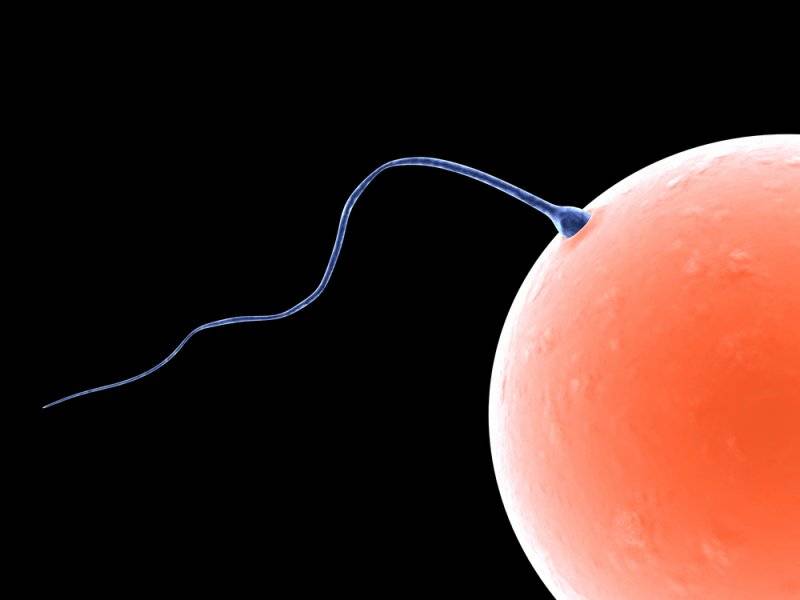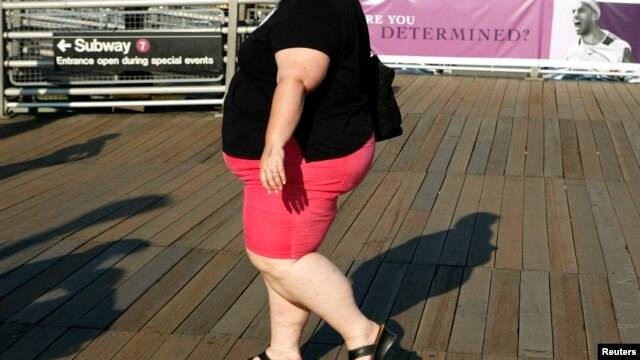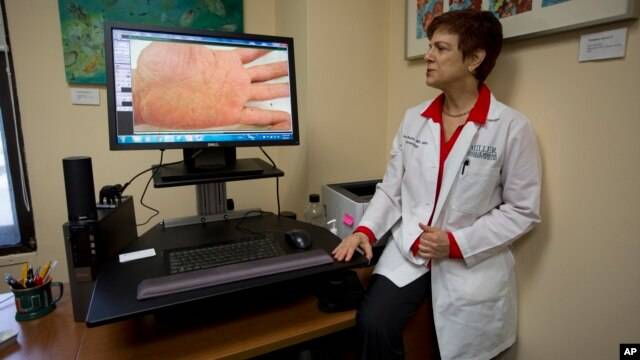- Banned
- #1
A new scientific study has shown that sleeping with your phone on can result in obesity.
Scientists in Spain have found that the artificial light emitted from the screens of phones, tablets, televisions and laptops inhibits the production of a hormone that combats obesity.
Source: Sleeping with Your Phone on at Night leads to Obesity - Research - eReporter
Scientists in Spain have found that the artificial light emitted from the screens of phones, tablets, televisions and laptops inhibits the production of a hormone that combats obesity.
Source: Sleeping with Your Phone on at Night leads to Obesity - Research - eReporter






 ~~~~~
~~~~~